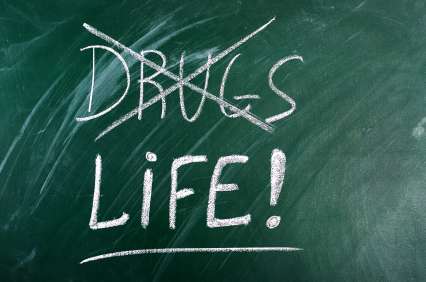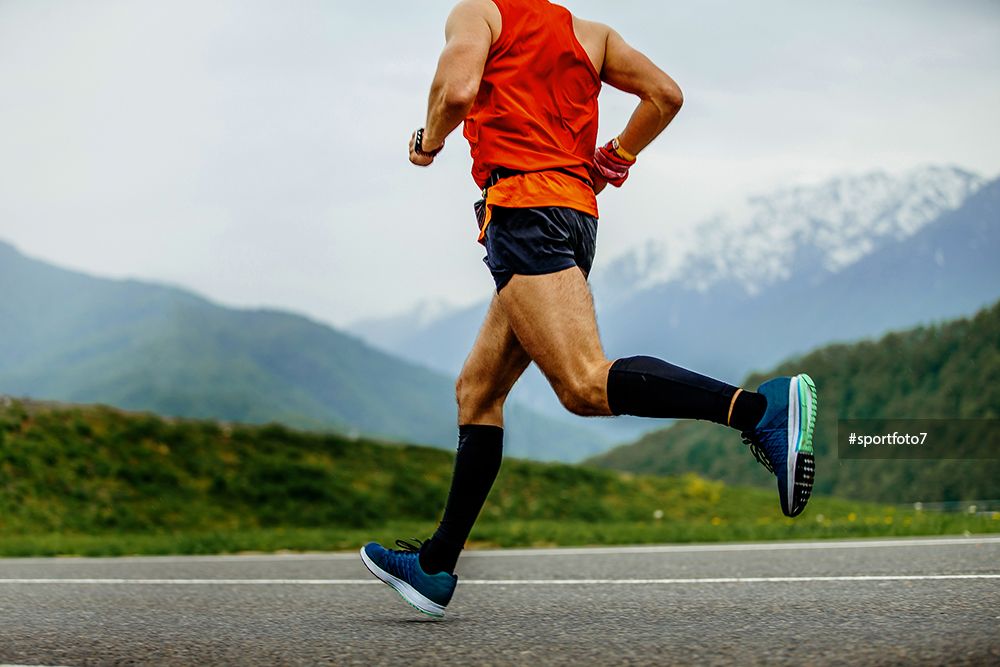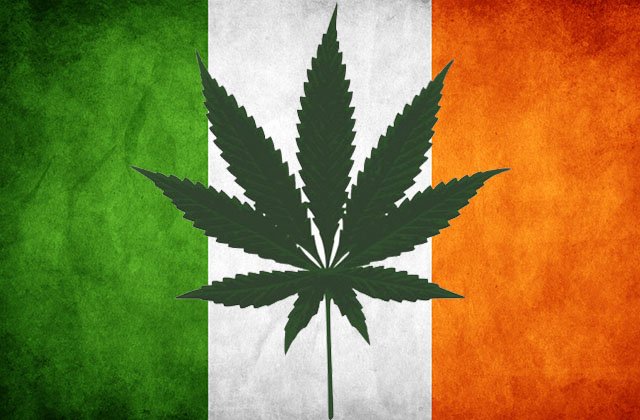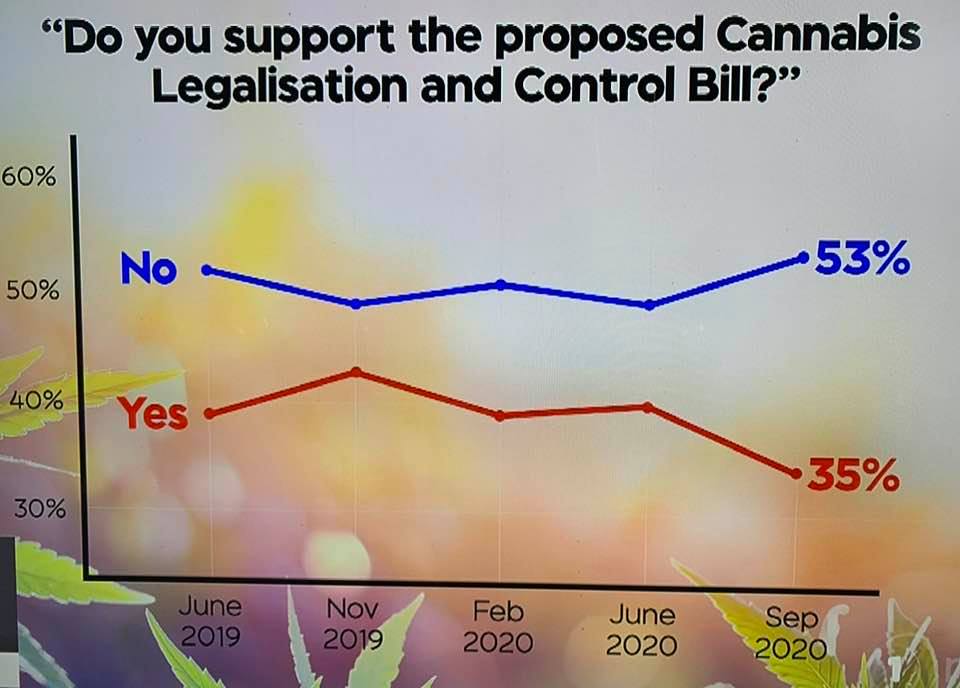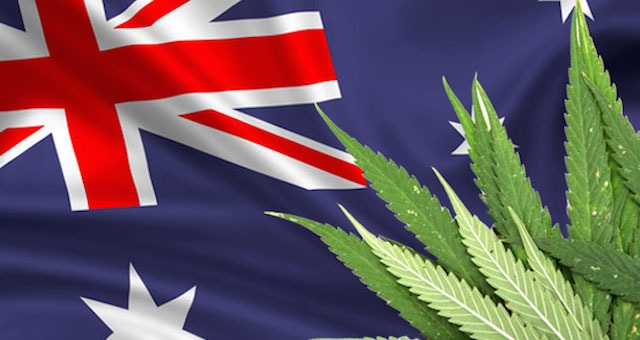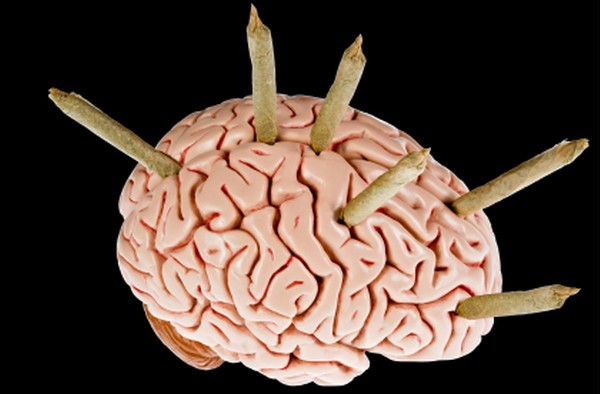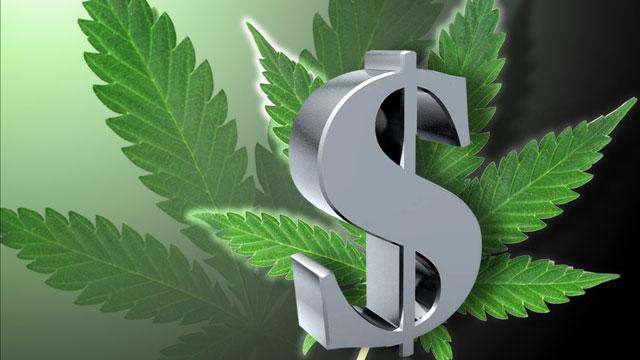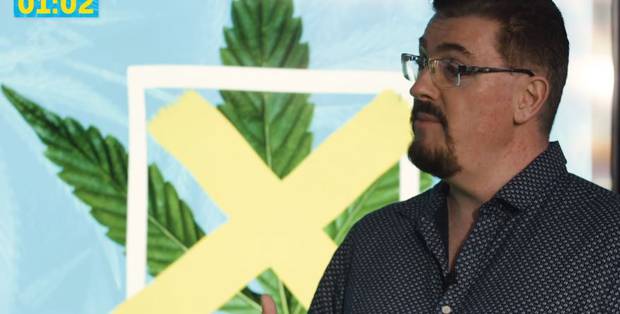
NZ Herald 28 September 2020
Family First Comment: “Does it make sense to sell cannabis to adults to raise tax money to fund programmes that teach teenagers not to do what the adults are doing.”
With New Zealand just weeks away from heading to the polls, Kiwis will be faced with a rather big decision – should cannabis be legalised?
While it sounds like a straightforward question, there are a lot of elements that people are unsure about when it comes to the cannabis referendum.
Instead of going into the October 17 decision with a hazy mind, Jono and Ben have run through the ins and outs of what is involved in the referendum.
They posed a list of questions, all of which have been answered and help you in your decision ahead of the referendum, and spoken to representatives from both the yes and no camps.
However, mental health professional Aaron Ironside told Jono and Ben he’s concerned youth will be more exposed to cannabis.
He says the current laws and guidelines already address the criminality and medicinal element and questions whether the referendum brings any added benefits.
“A mental health professional what I see is the effects of addiction, the effects of psychosis.
Unfortunately, the most vulnerable people for cannabis are young people. The question is does this law do anything to help them? It doesn’t. It locks them out of the legal shops, what it does do is people will be growing cannabis in their back yard, making cannabis that little bit easier to get hold of, as if it needed to be easier.
“And when the shop won’t let you buy from them you’re forced to go back to the tinny house, to the black market.”
“Does it make sense to sell cannabis to adults to raise tax money to fund programmes that teach teenagers not to do what the adults are doing.
“This is not about medicinal, that’s already legal, and the criminal problem is already being addressed because we changed the misuse of drugs act so now it’s written into law that you are not to get a conviction for personal use. You’re to be treated as a health concern.
“So the two big issues most of us are worried about, medicinal and criminality, have already been dealt with, so we don’t need a new law. One that will create new problems, won’t make the black market go away, but will expose young people to marijuana.”
READ MORE: https://www.nzherald.co.nz/entertainment/news/article.cfm?c_id=1501119&objectid=12368530
 Keep up with family issues in NZ.
Keep up with family issues in NZ.
Receive our weekly emails direct to your Inbox.

